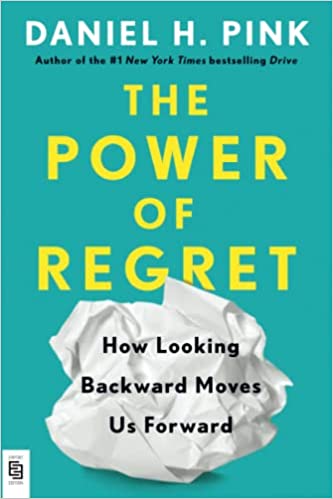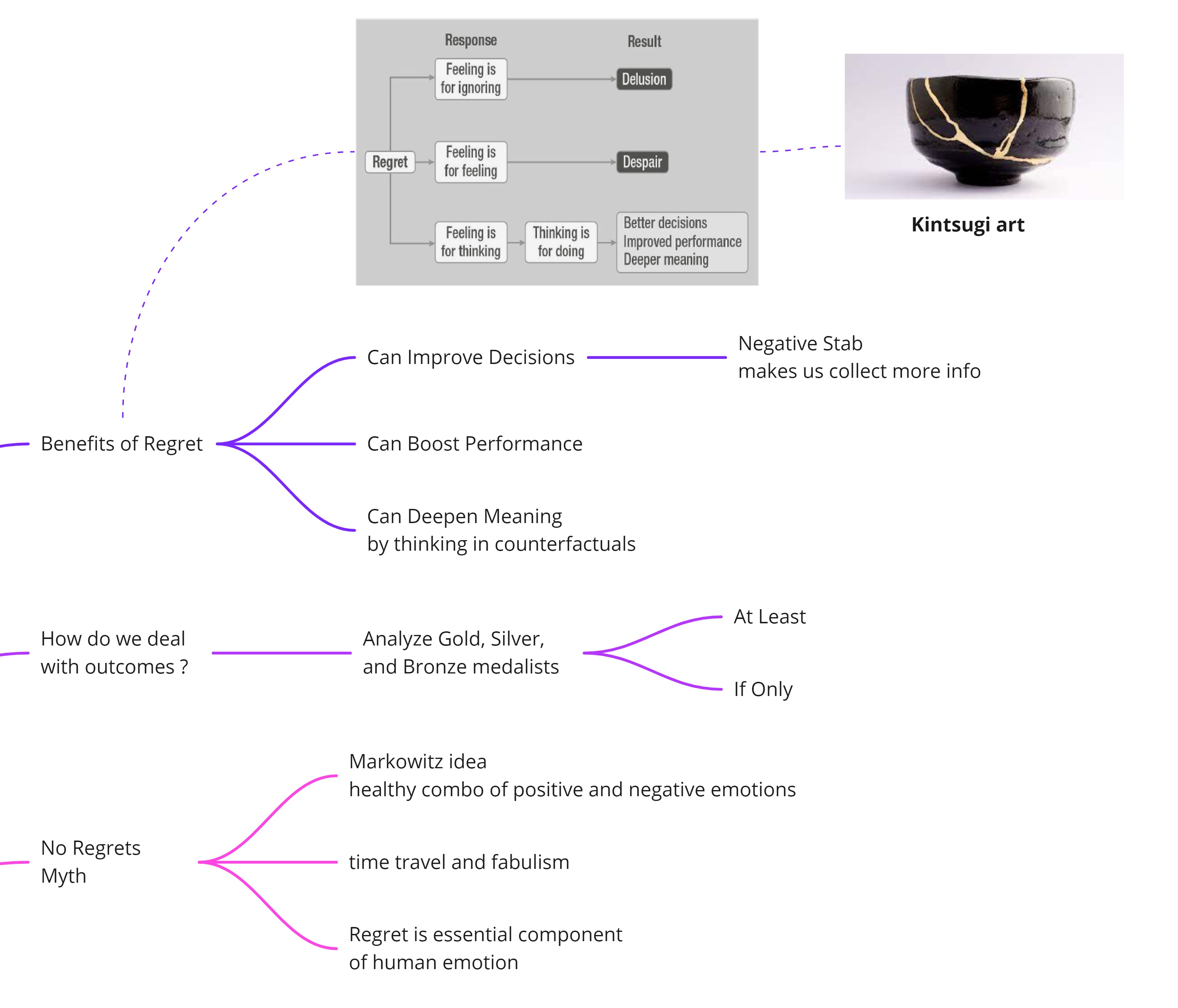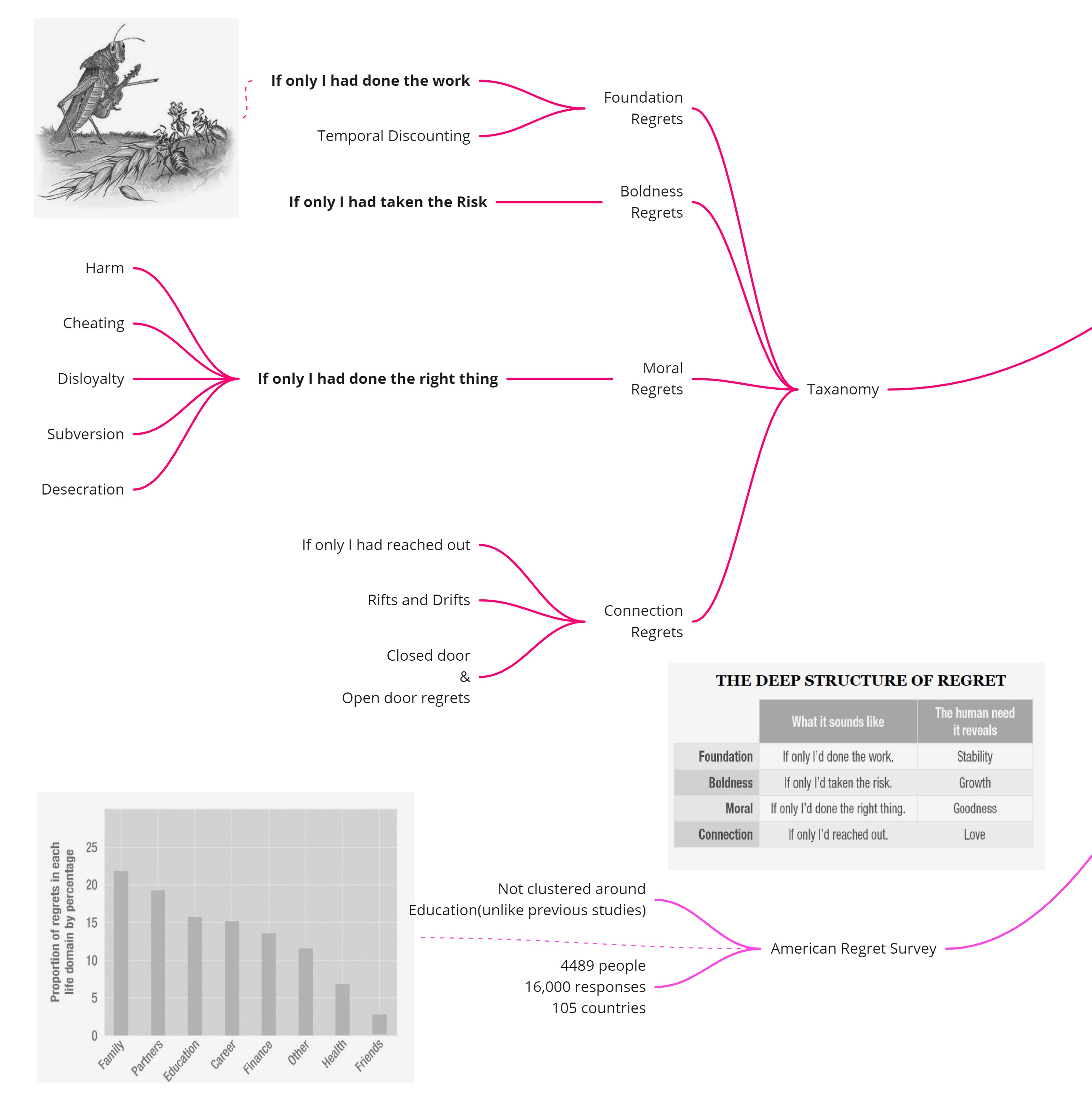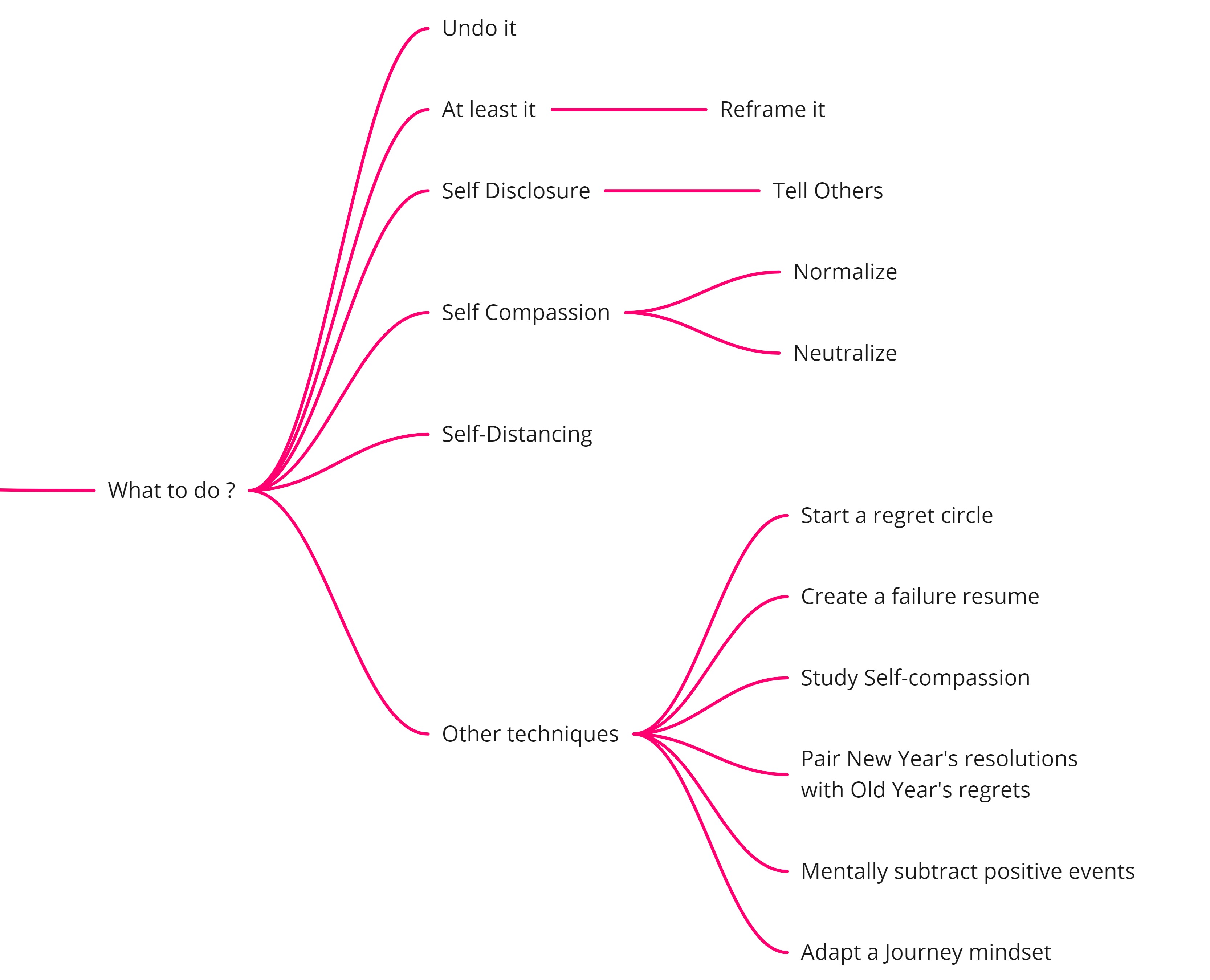The Power of Regret - Book Review
This blogpost summarizes some of the points from the book titled “The Power of Regret”, by Dan Pink.

Dispelling false notions about Regrets
Regret is not dangerous or abnormal, a deviation from the steady path to happiness. It is healthy and universal, an integral part of being human. Regret is also valuable. It clarifies. It instructs. Done right, it needn’t drag us down; it can lift us up.
In the first part of the book, the author takes pains to dispel the popular notion of ‘No Regrets’ philosophy that many seem to propose and even advertise the same by tattooing it, by wearing T-shirts written ‘No Regrets’, singing songs having no regrets theme. If one looks closely, these are all attempts to resist the ‘regret’ feeling that often is a fundamental part of human emotion.
Regret is an emotion that is unique to humans who do time travel in the past and the future in a counterfactual world. The regret is unlike disappointment where you assume that you don’t have control on the outcome. In the case of situations involving regret, you assume that you have control on the outcomes.
Most of popular philosophy is all about forgetting negative emotions. However the author makes the case of having a mix of positive and negative emotions to guide our life similar to Markowitz portfolio theory that says that decorrelated assets should be a part of one’s portfolio.
The author also analyzes facial expressions of the winners of cycling road race to highlight the “At Least” and “If Only” emotions that we have in our lives. This is mainly to highlight that some of the emotions that we experience in life are driven by external results and we must be cognizant of the same.
The takeaway from the first part of the book is that there is no point in denying the existence of ‘regret’ emotion in one’s life. It is only by enlisting this emotion as a growth engine, that we can become better individuals.

Taxonomy
The second part of the book is all about analyzing the results of a survey conducted by author across 4489 people collecting 16000 responses. He finds a pattern among the various types of responses and categorizes the responses in to four types
- Foundational Regrets: This involves the feeling that one could have done the right work. Similar to grasshopper who repents not saving for a rainy day, these regrets can span health, finance and any area where one had fallen for temporal discounting bias
- Boldness Regrets: This involves the feeling that one could have taken a risk
- Moral Regrets: This involves the feeling that one could have done the right thing
- Connection Regrets: This involves the feeling that one could have reached out

What can be done ?
The third part of the book gives a bunch of hacks to deal with our regret feelings and enlist them to guide us become better individuals.

Takeaway
If you want to get challenged on the notion that ‘one should always live a no-regrets life’, then this book will make you reconsider your assumption and give some food for thought.